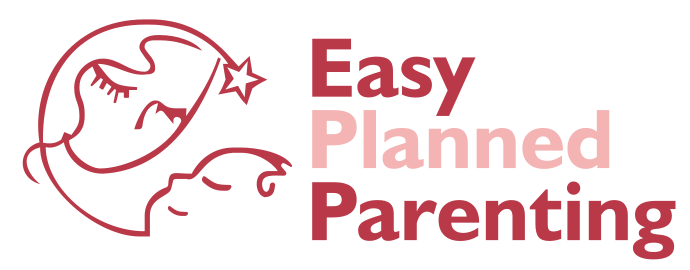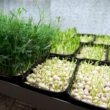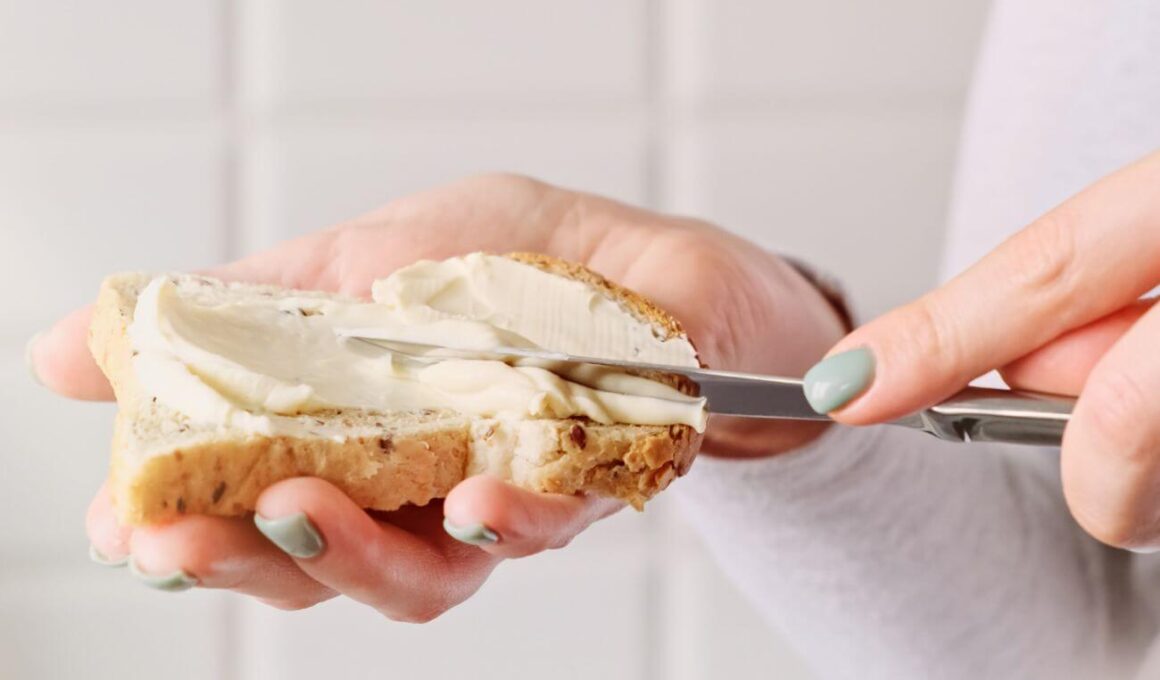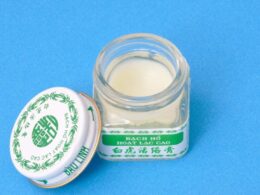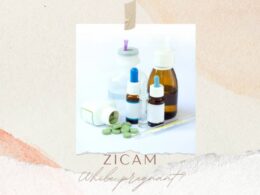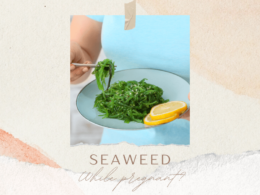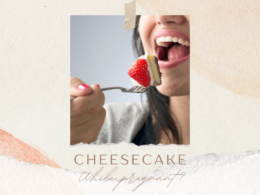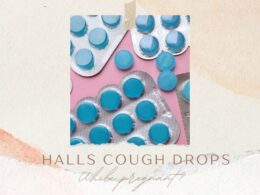Are Soft, Mold-Ripened Cheeses Safe in General?
If you’re wondering, “can I eat brie while pregnant,” the short answer is, it depends. Brie is a soft, mold-ripened cheese that can be made from either raw or pasteurized milk. Like all such cheeses, there is a risk of foodborne illness from brie – namely, listeria. However, the risk is generally low, and there are some simple steps you can take to further reduce your risk.
How Can I Eat Brie While Pregnant?
The first step is to choose brie made from pasteurized milk, rather than raw milk. Pasteurization kills harmful bacteria, including listeria, that can cause illness. If you can’t find brie made from pasteurized milk, avoid soft cheeses altogether.
Keep in mind that this is the official guideline in the USA, New Zealand and France. Other countries, such as the UK, Canada and Australia, advise against eating any soft cheeses while pregnant, regardless of whether they are made from pasteurized milk or not. This probably reflects the food industry standards in these countries, rather than any real difference in risk.
When it comes to brie, you can also reduce your risk by avoiding cheeses that are runny. These are more likely to contain harmful bacteria. Opt for a brie that is firm and has an intact rind.
Cooking Soft Cheeses Kills Bacteria
You can also cook brie to reduce your risk of foodborne illness. Cooking soft cheeses kills harmful bacteria, including listeria. This means that all brie is safe to eat while pregnant, as long as it’s cooked until steaming hot all the way through. Next time you wonder “Can I eat brie while pregnant?”, go ahead and enjoy it – just cook it first if you’re worried about illness.
What Other Cheeses Do These Rules Apply To?
In general, these same guidelines apply to any soft cheese. This includes camembert, feta, queso blanco, queso fresco, and mozzarella. So, if you’re wondering “can I eat feta while pregnant?”, the answer is the same as for brie – it depends, but it’s generally safe as long as you choose pasteurized feta, cook it until steaming hot, or avoid it altogether if you can’t find pasteurized cheese.
Why Is It More Risky for Pregnant Women to Have Soft Cheese?
Now, you may wonder why pregnancy even matters when it comes to eating brie. After all, listeria can cause illness in anyone. The answer is that pregnant women are more susceptible to listeria infection, and the consequences can be much more serious. It can lead to miscarriage, stillbirth or preterm labor. For this reason, it’s important to take extra care to avoid foodborne illness when you’re pregnant.
It’s Not Just Cheese
In addition to avoiding soft cheeses if they’re made from unpasteurized milk, you might also want to avoid deli meats and hot dogs unless they’re heated until steaming hot. However, the risk of listeria from these foods is also generally low.
Pregnant women should also avoid unpasteurized juices, as these can also contain harmful bacteria from the raw fruit or vegetables used to make them. What if you make your own juice? Safety precautions include washing fruits and vegetables thoroughly and keeping everything clean.
How to Boost Your Immune System During Pregnancy?
The best way to reduce your risk of foodborne illness, whether you’re pregnant or not, is to boost your immune system. This can be done by eating a healthy diet, getting enough sleep and exercise, and reducing stress.
Of course, you can’t always avoid all risks. But following these simple guidelines can help you enjoy a safe and healthy pregnancy. You can also take vitamin C and D, as well as probiotics, to further boost your immune system.
Ask a Doctor If You’re Not Sure What You Should Eat
When in doubt, always ask your healthcare provider about what foods are safe for you to eat while pregnant. They can give you personalized advice based on your individual health and pregnancy history. Ask them “Can I eat brie while pregnant?” or any other questions you have about food safety. They won’t laugh – they’ve heard it all before!
The Bottom Line
We hope this guide has answered your question “Can I eat brie while pregnant?”. Pregnant women should always consult with their healthcare provider before making any changes to their diet. However, in general, it’s safe to eat brie while pregnant as long as you take some simple precautions. Choose brie made from pasteurized milk or cook it until steaming hot.
Do you have any questions or concerns about eating brie while pregnant? Let us know in the comments below. And be sure to check out our other blog posts on pregnancy and nutrition for more tips on staying healthy during pregnancy.
Similar Posts:
